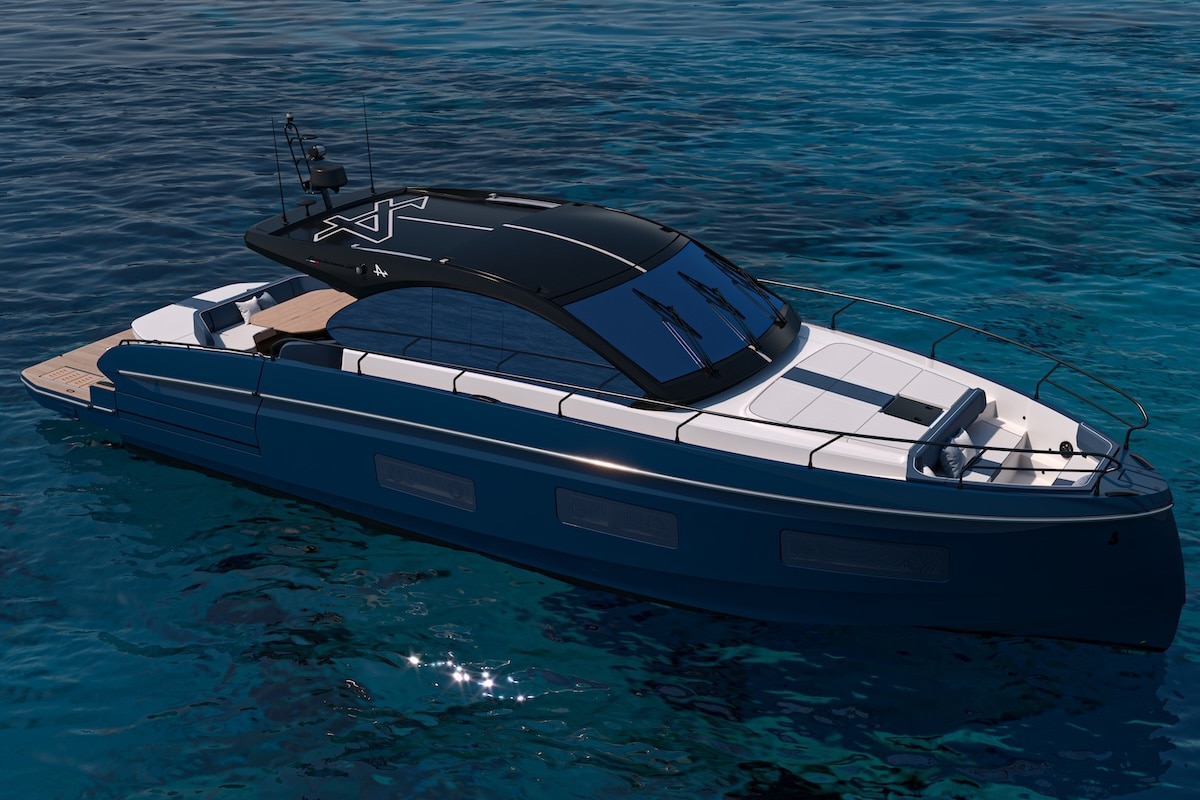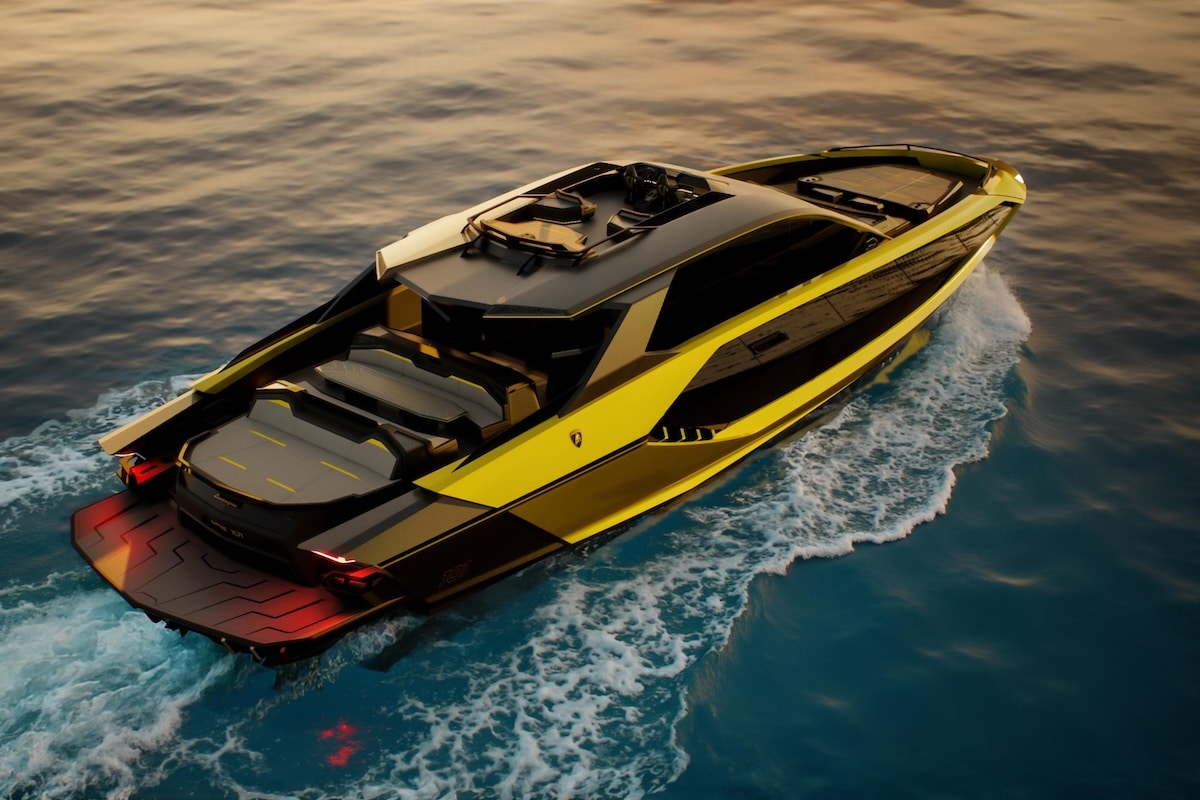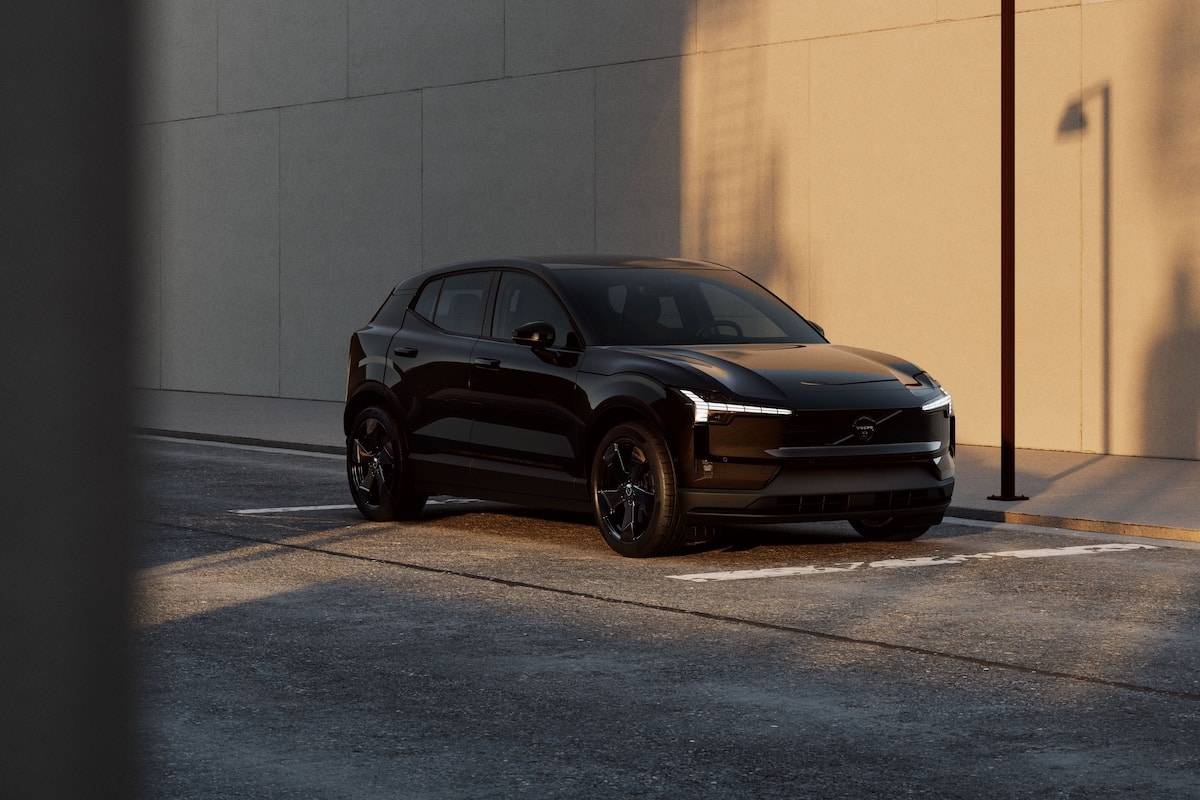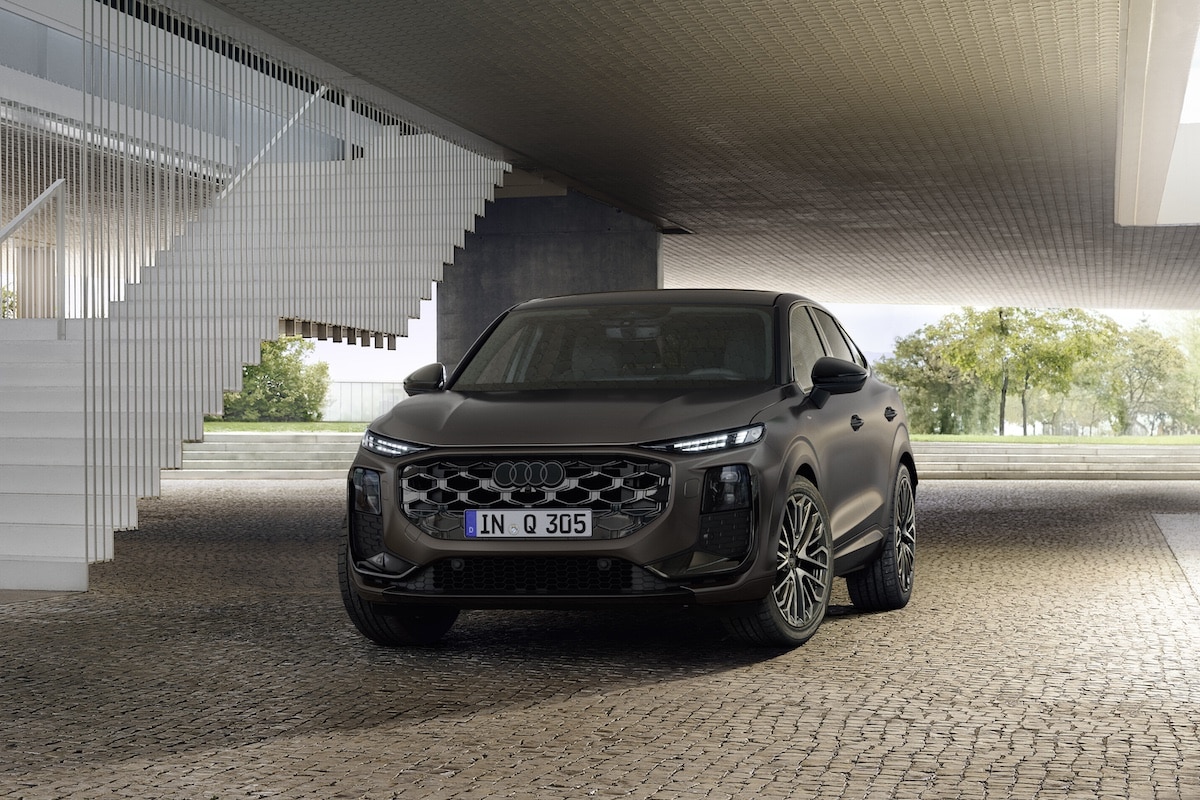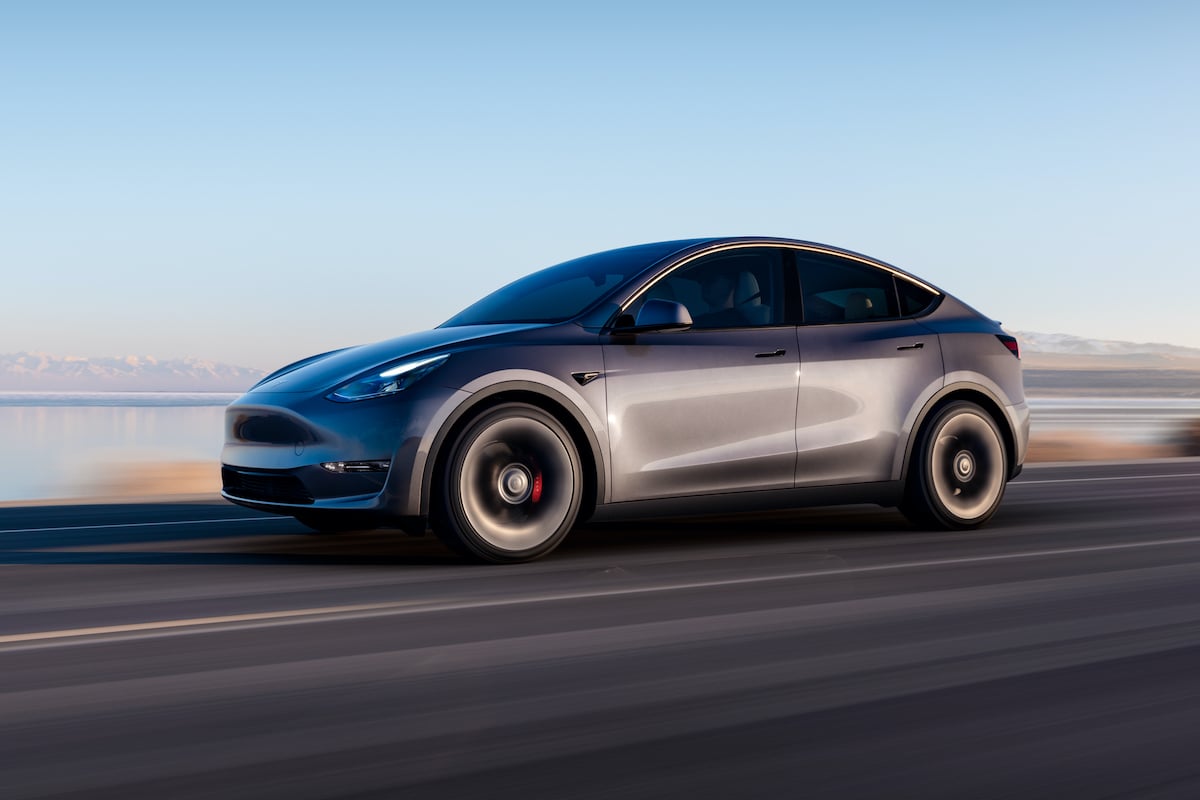Maritime fret: Volvo stops fossil fuels. Discover its reduction in CO2!
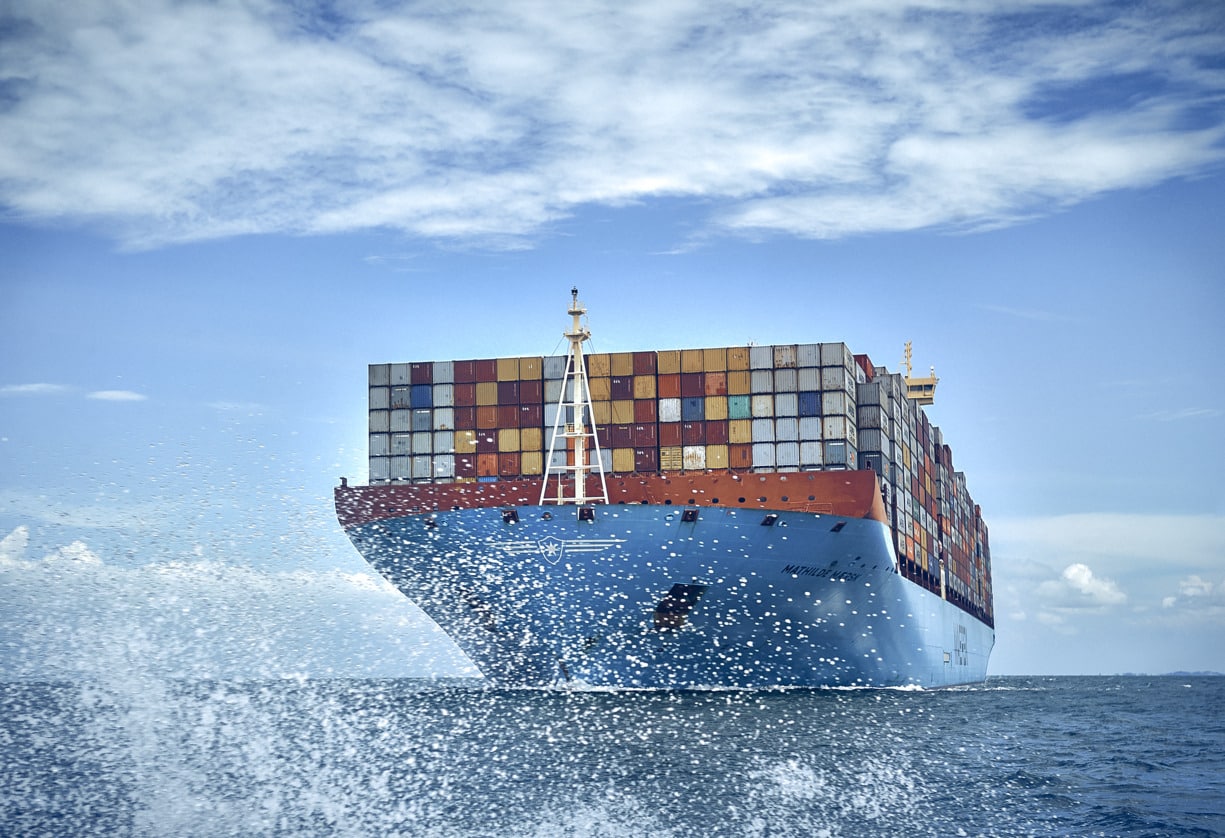
The threat from Europe to impose an ecological toll on cars with distant production motivates Volvo to green its carbon footprint.
Volvo is doing well, thank you. In 2022, the Swedish manufacturer flying the Chinese flag sold 615,121 cars, with a net profit of 1.9 billion euros. But this success isn’t all smooth sailing. Production, spread across Europe, China, and North America, involves the annual shipment of thousands of containers of spare parts for final assembly, followed by maritime transport of properly manufactured cars around the world, including Europe.
Today, Volvo is communicating about its ethical choice to fuel its container ships only with renewable fuels instead of traditional fossil fuels. The Swedish manufacturer aims to reduce its CO2 emissions by 55,000 tons per year, an 84% reduction. To put this figure into perspective, Volvo explains that this represents the pollution caused by a truck traveling around 1,200 times the Earth’s circumference at the equator, or 48 million kilometers.
The fuel used consists of methyl esters of fatty acids (FAME), based on renewable and sustainable sources, primarily used cooking oils. No raw materials related to palm oil or palm oil production are used. Maritime freight providers like Maersk, Kuehne+Nagel, and DB Schenker have switched to these new fuels since June 1, 2023.
Volvo denies any media hype but wants to highlight its efforts to achieve carbon neutrality by 2040, which will be pursued across all high-emission sectors. Between 2018 and 2025, Volvo already aims to reduce its emissions by 40%, including 25% through operational and logistical measures.
ALSO READ: With the EX30, Volvo slashes prices and declares war on Tesla (video)
This page is translated from the original post "Fret maritime : Volvo stoppe les carburants fossiles. Découvrez sa baisse de CO2 !" in French.
We also suggestthese articles:
Also read
